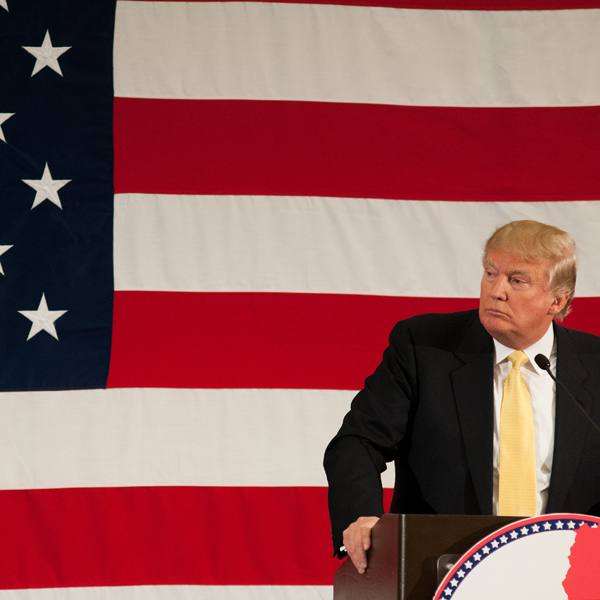Sandy Hook families reach $73M settlement in suit targeting gun marketing

Image from Shutterstock.
Gunmaker Remington Arms has agreed to a $73 million settlement in a lawsuit targeting its marketing of the automatic rifle used in the 2012 shooting at the Sandy Hook Elementary School in Connecticut.
Remington reached the settlement with the families of five children and four adults killed in the December 2012 shooting in Newtown, Connecticut, report Law.com, Reuters, Bloomberg Law, the Washington Post, the Hartford Courant and the New York Times. A press release is here.
Twenty children and six adults were killed at the school by the shooter, Adam Lanza, who also killed his mother and himself.
The plaintiffs had contended that the Bushmaster rifle used by Lanza was designed for military use but was instead marketed to civilians, including younger, at-risk men.
One ad pictured the Bushmaster with the phrase, “Consider your man card reissued.” In another marketing campaign, Bushmaster invited people to “report your friend for not ‘being a man’ because they didn’t own a Bushmaster,” according to a lawyer for the plaintiffs, Joshua Koskoff, who spoke at a news conference.
As part of the settlement, Remington will release internal company documents obtained during discovery, the Washington Post reports. Four insurers of the bankrupt company will participate in the settlement, according to the Washington Post and the Hartford Courant.
According to the New York Times, the settlement appears to be the largest involving a gunmaker and plaintiffs suing over a mass shooting.
It also represents “a significant setback to the firearms industry because the lawsuit worked around the federal law protecting gun companies from litigation by arguing that the manufacturer’s marketing of the weapon had violated Connecticut consumer law,” according to the New York Times.
Much gun litigation has been blocked by 2005 legislation, the Protection of Lawful Commerce in Arms Act. An exception to the law, however, allows suits over marketing practices that violate state and federal law, according to the New York Times. The plaintiffs in the Sandy Hook litigation had contended that Remington’s marketing practices had violated Connecticut’s unfair trade practices law.
The Connecticut Supreme Court had allowed the suit in March 2019, and the U.S. Supreme Court declined to hear the case in November 2019.
Write a letter to the editor, share a story tip or update, or report an error.


